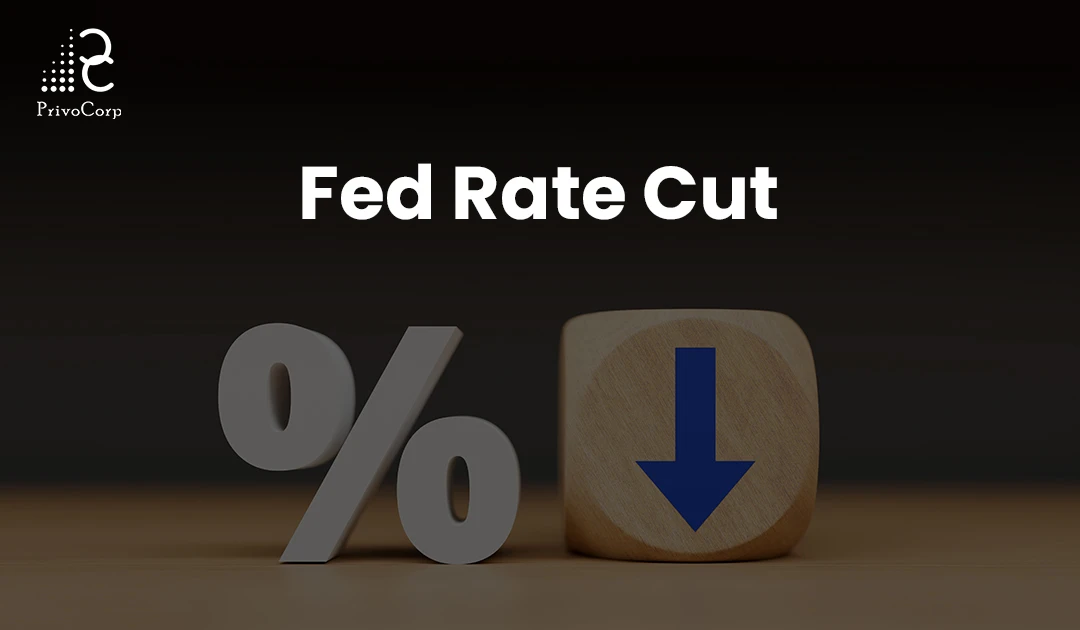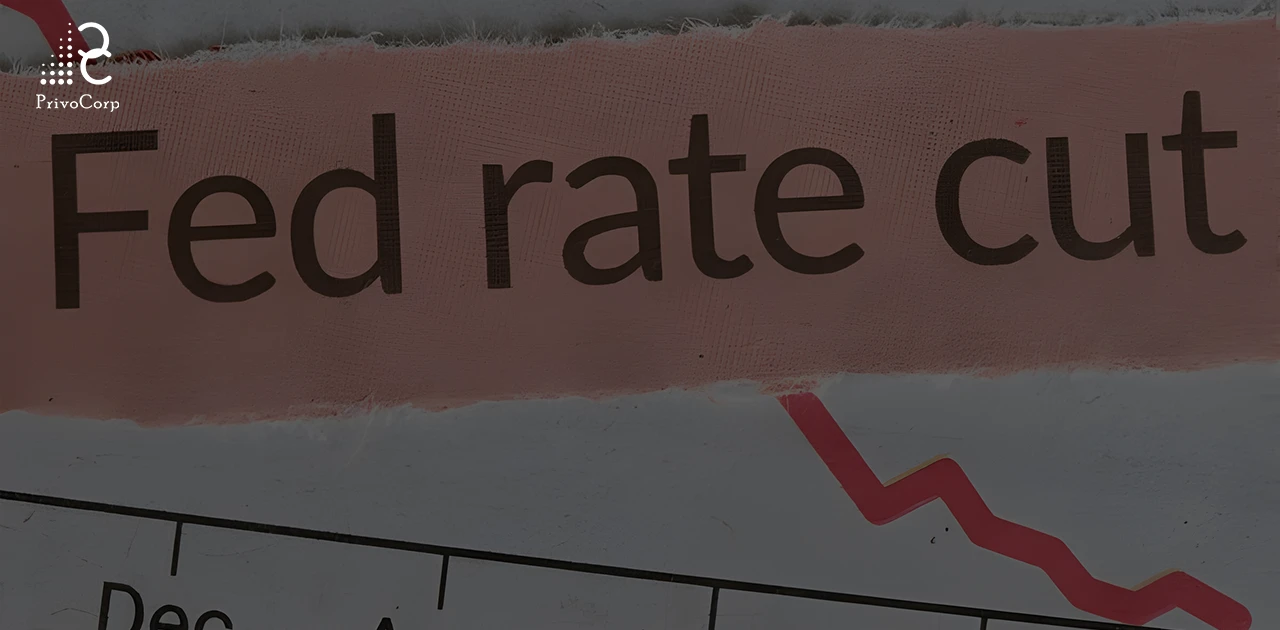Post the financial crisis of 2008, the mortgage sector has been a severely regulated sector. It is essential that lenders understand the importance of compliance in mortgage and adhere to the norms to ensure their own safety as well as that of their borrowers. Compliance in mortgage is also an effective way for organizations to stay agile. Given the new regulations to deal with a dynamic market, organizations feel compelled to stick to them by transforming their operations and processes as required.
State of Compliance in Mortgage in 2022-2023
The mortgage sector has seen seminal changes in the last two years. Some of them were due to the pandemic. In recent times, there have been other factors like geopolitical pressures and rising inflation that have prompted a further spike in compliance in mortgage. The changes pan a host of areas including fair lending procedures, foreclosure norms, consumer data protection and so on.
For example, the Consumer Financial Protection Bureau (CFPB) has issued regulations surrounding qualified mortgages so as to ensure that borrowers have the ability to make regular payments, as per their debt-to-income (DTI) ratio. The CFPB also made changes in the Home Mortgage Disclosure Act (HMDA), raising the reporting burden on lenders. The Equal Credit Opportunity Act (ECOA) too has been amended this year, with the idea of ensuring greater browser diversity and equality. Increase in property prices too has pushed the loan confirming limit upwards.
Despite the fact that such regulatory changes are a necessity in a volatile economy, they certainly add to the workload of lenders. One aspect that goes up is the effort required for underwriting due diligence and audit/reporting. This is why it’s imperative to have dynamic compliance in mortgage practices that can help manoeuvre the complexities while staying compliant and ethical.
Importance of Compliance in Mortgage
There are a host of reasons why it is vital to adhere to industry laws, regulations, and norms:
Avoiding heavy penalties
It’s a given that mortgage servicers who do not comply with regulatory norms can be fined heavily. Oftentimes this happens indirectly – for instance, non-compliance can lead to a cybersecurity oversight which could cause a data breach inviting millions in fine.
Revenue loss mitigation
Compliance in mortgage is a precautionary measure that saves lenders from fraud and other loss-making scenarios. Lenders can maintain a constant and robust visibility into their operations by staying complaint.
Offering ethical products
Ethical business practices are pivotal to compliance in mortgage. They ensure that qualified buyers are not deprived of access to funding. They also see to it that borrowers do not overextend themselves and acquire impossible debt.
Adapting to a changing market
In a fast-paced changing and evolving market, mortgage lenders need to continuously update their products and policies. Regulatory change is one of the reasons that drives lenders to respond to market activities such as fluctuating property prices, disposable income changes and so on.
Simplifying organizational shifts
A solid compliance in mortgage practice mainly prepares lenders to deal with organizational changes like mergers and acquisitions. Due to regular audits and ready documentation, organizational restructuring can happen in a smoother and faster manner.
Support for Improving Mortgage in Compliance
While outsourcing is an effective way to attain operational efficiency, it can be a hassle for lenders to work with too many vendors. Needless to say, it could also introduce third-party risk.
Instead, it helps to work with an all-round partner who can enable you to leverage a wide range of services, right from mortgage loan boarding services to closing to loss mitigation services. It is also best to pick a partner who can offer technical expertise in order to automate compliance in mortgage checks.
Besides, as compliance in mortgage regulations become more complex, there is a higher chance of human error. Artificial intelligence (AI) can enable document processing at a much different pace that human executives. Besides, machine learning (ML) also ensures it accommodates new exceptions, laws, and compliance rules.
How PrivoCorp can help
PrivoCorp offers a suite of services related to compliance in mortgage process. Our expert team helps compare borrowers’ information with their demographic data in order to update the HMDA codes. We also review and research borrowers’ information received against OFAC’s SND list.
The HMDA requires financial institutions to maintain, report, and publicly disclose information related to mortgages. We offer services by looking into any data that needs to be scrubbed with any identified reporting errors before it is submitted. Our service bouquet also includes robust mortgage loan boarding services and loss mitigation services.
Get in touch with us today to know more about our compliance in mortgage process services.








